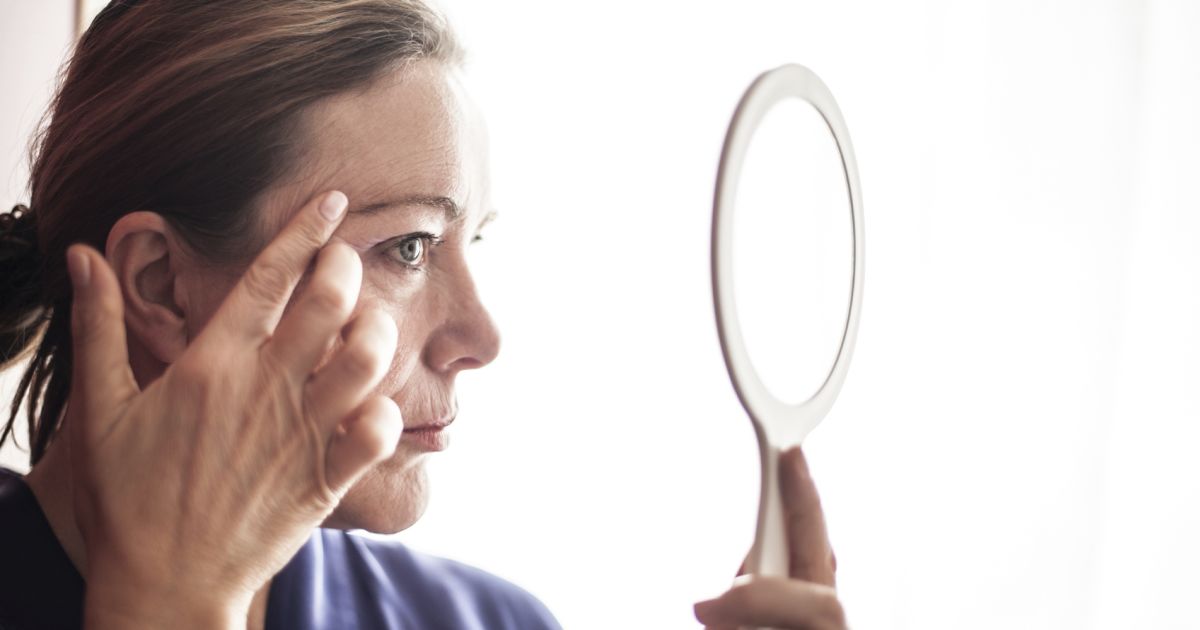Ageing doesn’t have to mean physical and mental deterioration. Some practical advice may help you or your loved ones stay healthy and happy for longer. Here we look at some practical tips for ageing well.
Eat Properly
As we get older, our nutritional needs change. The energy we need from food continues to decrease when we lead a lifestyle that is less active. As a result, it’s vital to eat a nutrient-rich diet as we get older, packing in the nutritional content required to remain healthy, although eating less often. Protein, vegetables and fruits, fibre, and dairy products should make up a good composition of our daily meal. However, it is best to limit the intake of salt and sugar as much as possible.
Stay Connected to Loved Ones
One of the biggest ageing challenges is to maintain your support system. It’s not always easy to remain connected when you get older – particularly for someone who has always had an active social life. Changes in jobs, retirement, sickness, and moving out of the local area will take away family and close friends. And the older you get, the more inevitable it becomes that you will lose people. In addition, in later life, you or others in your social network may find it more difficult to get around.
It’s important to find ways to reach out and communicate with others, whether you live with a spouse or partner or not. As you age, maintaining social connections, along with daily exercise, will have the most effect on your health. With a good support system, you can turn to an array of people and support as you age, who will be a buffer against loneliness, depression, illness, suffering and loss.
Stay as Active as Possible
Daily workouts help you stay strong and healthy. This will reduce your risk of obesity, cardiac disease, stroke, diabetes, and cancer. If that wasn’t enough, staying active will improve your self-esteem, make your sleep easier, and give you more energy.
Expert guidelines recommend that older adults undertake 2 hours of moderately intense activity per week, as well as body strengthening activities twice a week. If that looks like a lot, consider starting small, and you’ll be able to build up to those amounts as you get stronger.
Remember to Visit your Doctor Regularly
It is true that as we grow older, our vulnerability to physical and mental illness increases – this is unavoidable. Particularly, it is a good idea to have regular check-ups with your doctor to monitor your cholesterol and blood pressure. High levels of both of these increase your risk factor for stroke and heart disease, but any complications can be handled quickly with the right medication, helping you to avoid such problems.
In fact, always keep your doctor’s appointments, so that any potential problem can be detected on time. Having some form of health insurance in place will make this easy for you and your family.
Get Enough Sleep
The importance of sleep is ignored in the fast-paced world we live in. Not only does sleeping poorly reveal obvious signs of ageing on your face, but it will also make you feel less attractive. Lack of sleep also detracts from your body’s natural healing processes and can affect your overall health and mental well-being.
When you’re asleep, your body releases a hormone that helps in growth, which in turn restores elastin and collagen, which are the key constituents of young, radiant skin’s basic building blocks. Indeed, the more hours of sleep you get, the more time your skin has to heal from the sun’s adverse effects, thus slowing phase ageing.
It’s not just about what you’re doing to your body but also about what you’re doing to your mind. That is why learning new things is a good idea, even when you grow older. Stimulating your mind helps to stave off old age dementia, Alzheimer’s disease, and general loss of memory.
Once you find something interesting to keep mind and body busy, you will slow down the effects of time. And stay positive – keep a healthy sense of humour and find things to be grateful for every day.
